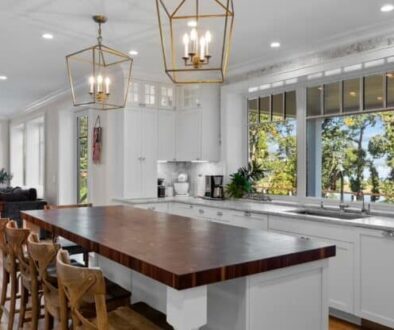How to Price Your Home Right for a Fast Sale: Expert Strategies
Pricing your home correctly is perhaps the most crucial step in the selling process. Set the price too high, and you risk watching your property languish on the market. Price it too low, and you might leave money on the table. In this guide, we’ll explore expert strategies to help you find that sweet spot – a price that attracts buyers quickly while still maximizing your return.
Why Correct Pricing Matters
Before diving into strategies, let’s understand why getting the price right from the start is so important:
- It attracts more potential buyers
- It can lead to a faster sale
- It prevents your listing from going stale
- It can result in better offers
- It reduces the stress and uncertainty of a prolonged selling process
7 Expert Strategies for Pricing Your Home
1. Conduct a Comparative Market Analysis (CMA)
Look at recent sales of similar homes in your area. This gives you a realistic idea of what buyers are willing to pay for properties like yours.
2. Consider Your Home’s Unique Features
Factor in any special features or improvements that set your home apart from others in the neighborhood.
3. Be Objective
Try to view your home through the eyes of a potential buyer. Emotional attachment can lead to overpricing.
4. Account for Current Market Conditions
Is it a buyer’s market or a seller’s market? This can significantly impact your pricing strategy.
5. Price Strategically for Online Searches
Many buyers search online using price ranges. Price your home just below a round number (e.g., $299,000 instead of $300,000) to capture more search results.
6. Don’t Overprice with Room to Negotiate
Some sellers list high, expecting to negotiate down. This strategy often backfires, as overpriced homes tend to sit on the market longer.
7. Consider a Professional Appraisal
While not always necessary, a professional appraisal can provide an unbiased opinion of your home’s value.
Common Pricing Pitfalls to Avoid
Basing Your Price on What You Paid
The price you paid for your home isn’t necessarily relevant in today’s market. Focus on current market conditions instead.
Pricing Based on Future Improvements
Buyers pay for what they see, not what you promise to do. Price based on your home’s current condition.
Ignoring Nearby Foreclosures or Short Sales
These can affect your home’s value, even if they’re not direct comparables.
Failing to Adjust
If your home isn’t attracting offers, be prepared to adjust your price quickly.
Frequently Asked Questions
How much should I reduce my price if my home isn’t selling?
If your home hasn’t attracted offers in 30 days, consider a price reduction of 3-5%. This can reignite interest and bring in new potential buyers.
Should I price my home higher to leave room for negotiation?
It’s generally better to price your home accurately from the start. Overpricing can deter potential buyers and lead to a longer time on the market.
How do online home value estimators compare to professional appraisals?
Online estimators can provide a rough idea, but they often lack the nuanced understanding of your specific property and local market conditions that a professional can offer.
Conclusion
Pricing your home correctly is both an art and a science. It requires a deep understanding of your local market, objectivity about your property’s value, and strategic thinking about buyer behavior. By following these expert strategies and avoiding common pitfalls, you’ll be well-positioned to price your home for a fast sale while still maximizing your return.
Remember, the right price can make all the difference between a quick, successful sale and a long, frustrating experience. Take the time to research, consider all factors, and don’t hesitate to seek professional advice.
Ready to price your home for a fast sale? Get a no-hassle consultation and expert pricing advice from Greg Berkowitz and his team. Click here to learn more and start your journey to a successful home sale today!



